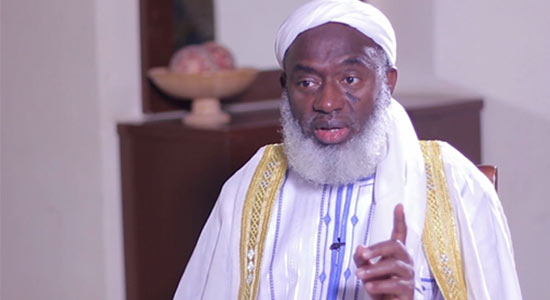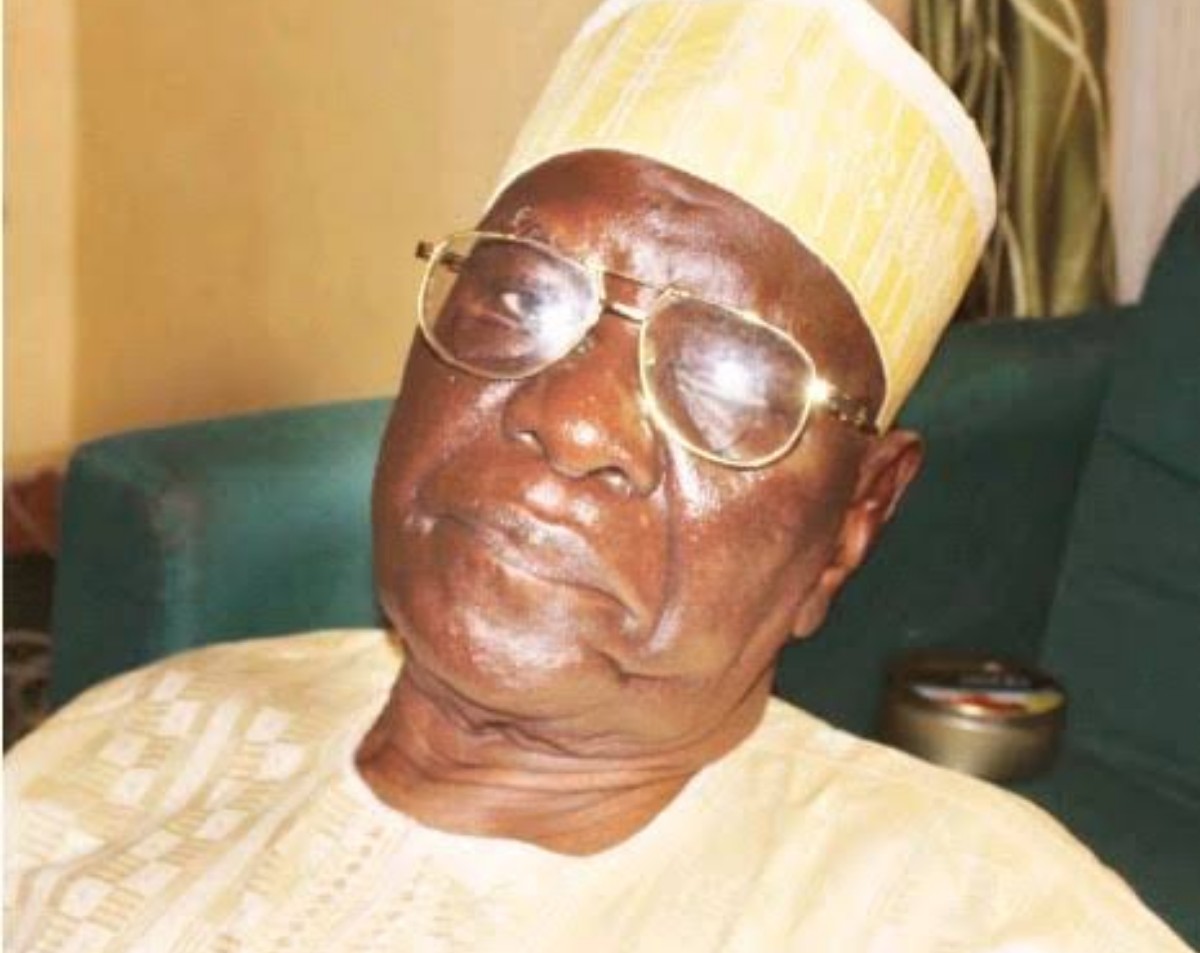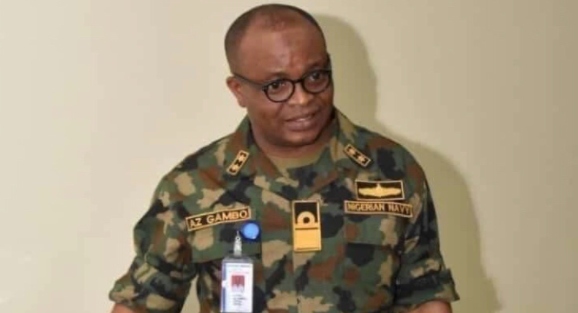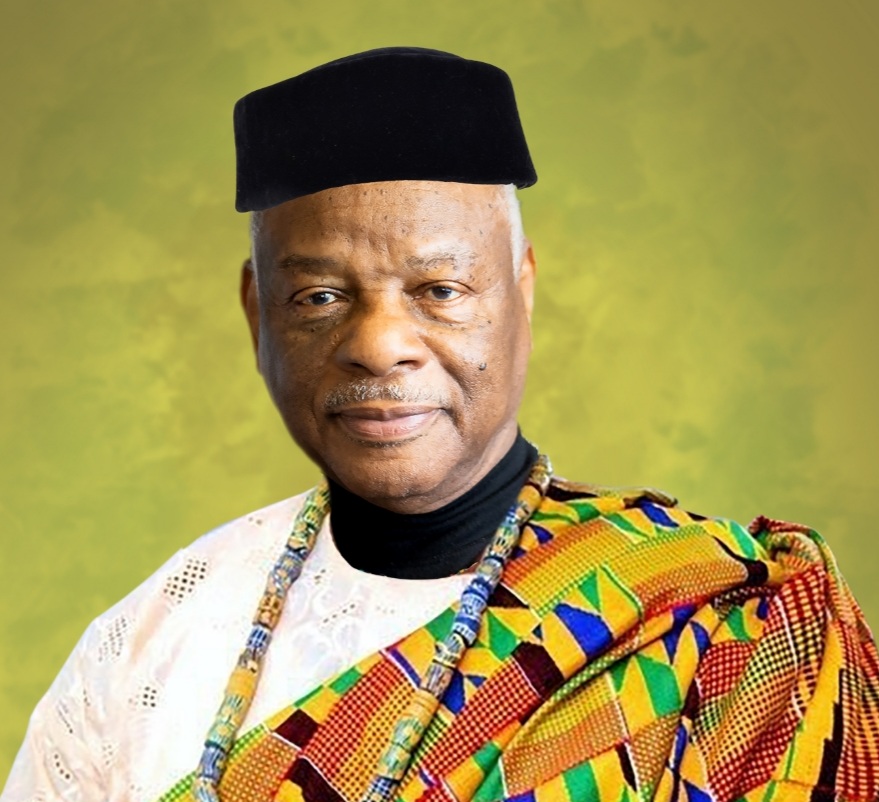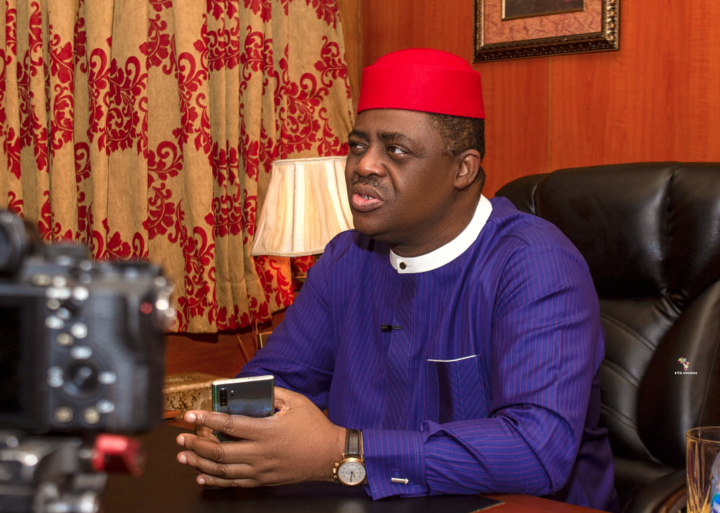The raging war on the administration of value-added tax in Nigeria goes beyond the economic question of how much accrues to states. It, in my opinion, exposes the country’s underbelly as a phantom political entity.
While it points to the cravings of Nigerians, especially state governments, for fiscal federalism, the arguments and counter-arguments reflect the legendary inability of Nigerian leaders to agree on the best ways to move the country forward.
Analysts have written enough about the technical details of this battle that is currently in the courts. One of such excellent pieces, which highlight the pros and cons of the issue, emphasising that states might end up losing more than they imagine without an amicable settlement, was written by Simon Kolawole. In concluding that article entitled: “Ending the war on VAT,” published on the cable.ng last Sunday, Kolawole writes: “…I propose we study other federations and see what we can learn from them. In the end, the VAT imbroglio may turn out to be a blessing in disguise and lead to a win-win outcome for all. Everything doesn’t have to be war.”
And this is the exact point, why does everything have to end in a war in Nigeria?
Advertisement
Now, war does not necessarily refer to going to court. The judiciary is the arbiter for all parties and issues of concern in the contemplation of democracy. It is, therefore, an appropriate avenue to resolve contentious matters like the current discussions on VAT.
However, outbursts accompanying these current court processes that indicate deep-seated animosities and suggest less than altruistic motives. For example, arguments for reconsidering the VAT regimen in Nigeria should be about what accrues to a state that feels unjustly treated rather than what goes to some other states. For example, utterances by Governor Nyesom Wike of Rivers state comparing what accrued to his state and Kano State as against what each state generated takes the argument out of the question of the economic to the political. At least, in a country like ours where suspicion is a way of life.
Even then, as conventional as it is, dragging issues like this in court already brings parties into adversarial positions, which deepen the already worrisome state of Nigeria’s union. The Yoruba say people do not come back from court without a fractured relationship; things are never the same again, especially in fragile and personalised democracies like Nigeria’s. Therefore, consensus reaching through jaw-jawing and discussing what is best for every part of the country should be way out of matters like this. But that is not the Nigerian way!
Advertisement
With due respect to those who lead Nigeria, at the federal and state levels, the only time there seems to be any form of consensus is when there is money to share! Such prodigality has been the order of things right from the return to civil rule in 1999. There have been infrequent and indelible occasions of national consensus on the welfare of the people. At every point since then, the federal and state governments would come together and agree on when to share monies from excess crude accounts, argue and concede to disburse revenues without saving for the rainy day. No wonder, Nigeria has become a perpetual borrower nation.
Apart from the Obasanjo era wherein the former president held regular meetings with governors on universal basic education and primary health care, there has been no concerted effort to inspire a sense of peer progress in the 36 states. That is, of course, because most of those elected to governorship positions have no idea what to do with those offices other than feeding fat on their state resources and suppressing the opposition. For the current federal administration, questions about the failure of education and healthcare delivery allow the President to lecture Nigerians on the provisions of the 1999 constitution on these issues.
So, how long can a country move on that way? Sadly, not so long.
This fact is manifest currently, even though we do not learn lessons. Just 10 years ago, only the northeastern part of the country was embroiled in an insurgency started by the Boko Haram group. It looked like that zone was an island that would suffer this alone, but what do we currently have in Nigeria? Literarily every part of the country is under some form of security threat or the other. Some of the states in the North-West are so helpless that governors have surrendered to the reign of bandits! Earlier this week in Imo State, some gunmen invaded a centre where students were writing the West Africa Examination School Certificate Examination, stopped them from writing and vandalised the institution.
Advertisement
Yet, Nigerian leaders do not still understand that if we call this place a country, the misfortune of one is the misfortune of another. How do we not understand that in a borderless country like ours? Check Lagos and Ogun states these days, and you will see loads of homeless men, women and children of northern extraction who are roaming the streets and sleeping under bridges at night. How do we not consider that these people are a risk to our future?
How do we not realise that the uneducated and untrained child in any part is a potential threat to every part of the country? How do we not know that an unhealthy child, woman or man in the North or South is just a few hours away infecting people from other parts of the country? How do we imagine that this country can truly develop without every part of it understanding what sustainable development means?
Before VAT became topical, the country grappled, and is still, with the herders/farmers’ crisis, which has left thousands of people dead, and communities devastated without consensus. When governors of the South-West chose to set up the regional security outfit, Amotekun, it looked like that would end the problems of kidnappings and herders’ murderous incursion into the zone, but has that happened? The failure of the North-West governors to reach an agreement on the best way to handle the banditry also accounts for the escalation of the problem. The question, therefore, is when will Nigerian leaders bury their personal wars and address governance as people called to propel a people with a common destiny towards their potential.
All said, the almighty but feckless federal government is the primary culprit in all of this. For starters, it does not seem that they understand that their overall performance assessment rests on the activities of the states. They do not also understand that beyond the wielding of power and breathing down on other arms and tiers of government, the federal government exists to galvanise actions that impact the total wellbeing of Nigerians and prepare them for the challenges that the future poses.
Advertisement
It seems lost on the federal government that while state governors can play juvenile, it should act like a father, serving everyone with justice and ensuring equity and fairness regardless of political leaning, tribe, or creed. Issues like the administration of VAT, state security and others should cause the Presidency to lock itself up in a room with governors until they find solutions to everyone’s advantage. Nigeria goes to war over everything because leaders fail to understand the essence of their offices. This failure is also why we still do not have a country.
Niran Adedokun can be reached via Twitter @niranadedokun
Advertisement
Views expressed by contributors are strictly personal and not of TheCable.
Add a comment


